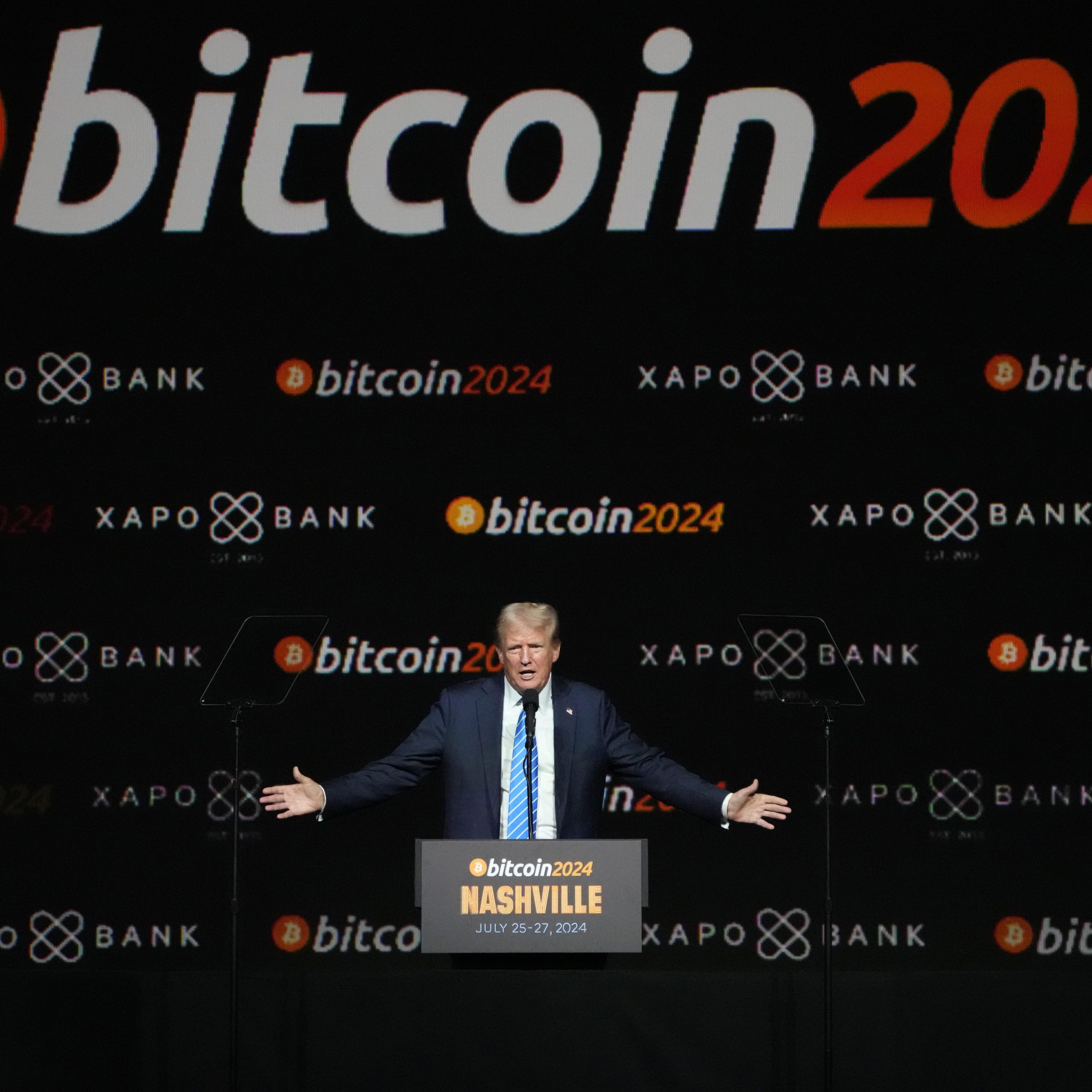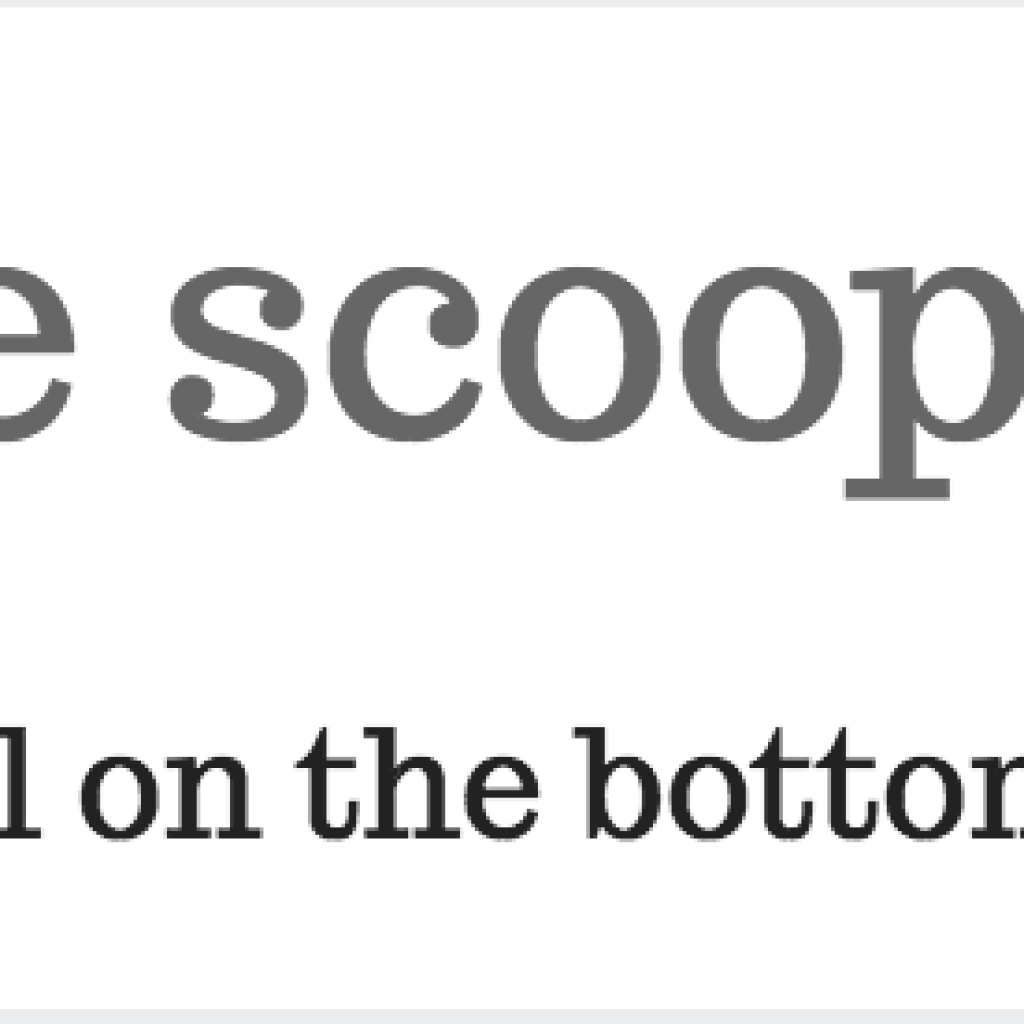Twitter bots have attained notoriety within the crypto industry. Now, two Yale researchers believe they know how to trade more profitably by leveraging phony engagement. In recent years, the crypto industry has witnessed exponential growth and widespread adoption. As this digital revolution gains momentum, marketing strategies have become paramount in ensuring success for crypto projects.
However, a disturbing trend has emerged, casting a shadow on the legitimacy and effectiveness of such promotional efforts. Enter Twitter bots, and sophisticated automated accounts that exploit the platform’s reach and manipulate public sentiment for personal gain.
The rise of Twitter bots in crypto marketing
Twitter bots, also known as social media bots, are computer programs designed to mimic human behavior on the popular microblogging site. These bots are programmed to automatically generate and distribute content, interact with other users, and even amplify specific messages or trends.
While some bots serve legitimate purposes, such as news aggregation or customer support, a significant number of them are deployed to manipulate public opinion and create an illusion of widespread support.
Cryptocurrency-related Twitter bots have become particularly pervasive, infiltrating discussions, sharing dubious information, and promoting various projects with ulterior motives. According to a recent study by two Yale researchers, the rise of these Twitter bots has raised concerns about the integrity of the crypto marketing landscape.
The report highlights how these bots amplify misleading claims, create artificial hype, and engage in pump-and-dump schemes, ultimately impacting investors and distorting market dynamics.
The influence of Twitter bots is one concerning finding from the study of cryptos and their social media involvement. These automated accounts, which account for between 9% and 15% of active Twitter users, might increase a crypto’s perceived popularity.
The detrimental effects of Twitter bots on the crypto ecosystem
The crypto community is increasingly aware of the detrimental effects of Twitter bots on the ecosystem. Red flags are raised, urging regulators, platforms, and market participants to take action against this pervasive issue. A Reddit thread discussing the matter sheds light on the potential dangers associated with these bots.
Experts argue that the deceptive practices employed by Twitter bots have a detrimental impact on crypto projects’ reputation and overall market stability. The bots artificially inflate engagement metrics, creating a false sense of popularity and credibility. Consequently, unsuspecting investors may fall prey to fraudulent schemes and misleading information, leading to financial losses and eroding trust within the industry.
Furthermore, the influence of Twitter bots extends beyond market manipulation. These automated accounts have the power to disrupt meaningful discussions, drown out genuine voices, and stifle healthy debates. By dominating conversations and skewing public opinion, bots impede the formation of informed decisions and hinder constructive dialogue within the crypto community.
In response to these concerns, industry stakeholders are calling for increased transparency, stricter regulations, and proactive measures to combat the Twitter bot menace. Social media platforms, including Twitter, are urged to strengthen their bot-detection algorithms and actively identify and suspend accounts engaging in manipulative behavior.
Collaboration between platforms, regulators, and project teams is crucial in developing comprehensive strategies to tackle this pervasive issue.
Preserving the integrity of crypto marketing
As the crypto industry continues to evolve, the preservation of integrity and trust becomes paramount for sustained growth and widespread adoption. To address the challenges posed by Twitter bots, the implementation of multi-faceted solutions is necessary.
Firstly, education and awareness campaigns should be conducted to inform users about the risks associated with interacting with suspicious accounts and blindly following the narratives propagated by bots. Robust due diligence on projects, coupled with skepticism and critical thinking, can protect investors from falling victim to fraudulent schemes.
Secondly, industry leaders must work collectively to establish best practices and guidelines for crypto marketing. These guidelines should emphasize transparency, disclosure, and accountability to prevent the proliferation of false narratives and misleading information.
The rise of Twitter bots presents a significant threat to the integrity and effectiveness of crypto marketing strategies. Their ability to manipulate public sentiment, distort market dynamics, and mislead investors demands immediate attention and action.
By fostering collaboration, implementing stricter regulations, and promoting transparency, the crypto community can fortify itself against this menace and pave the way for a more trustworthy and credible industry.





